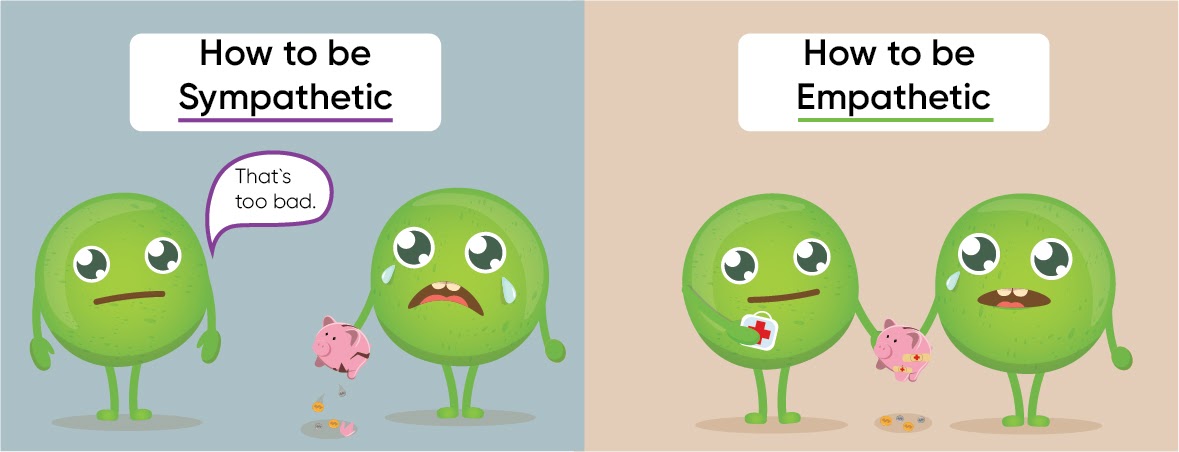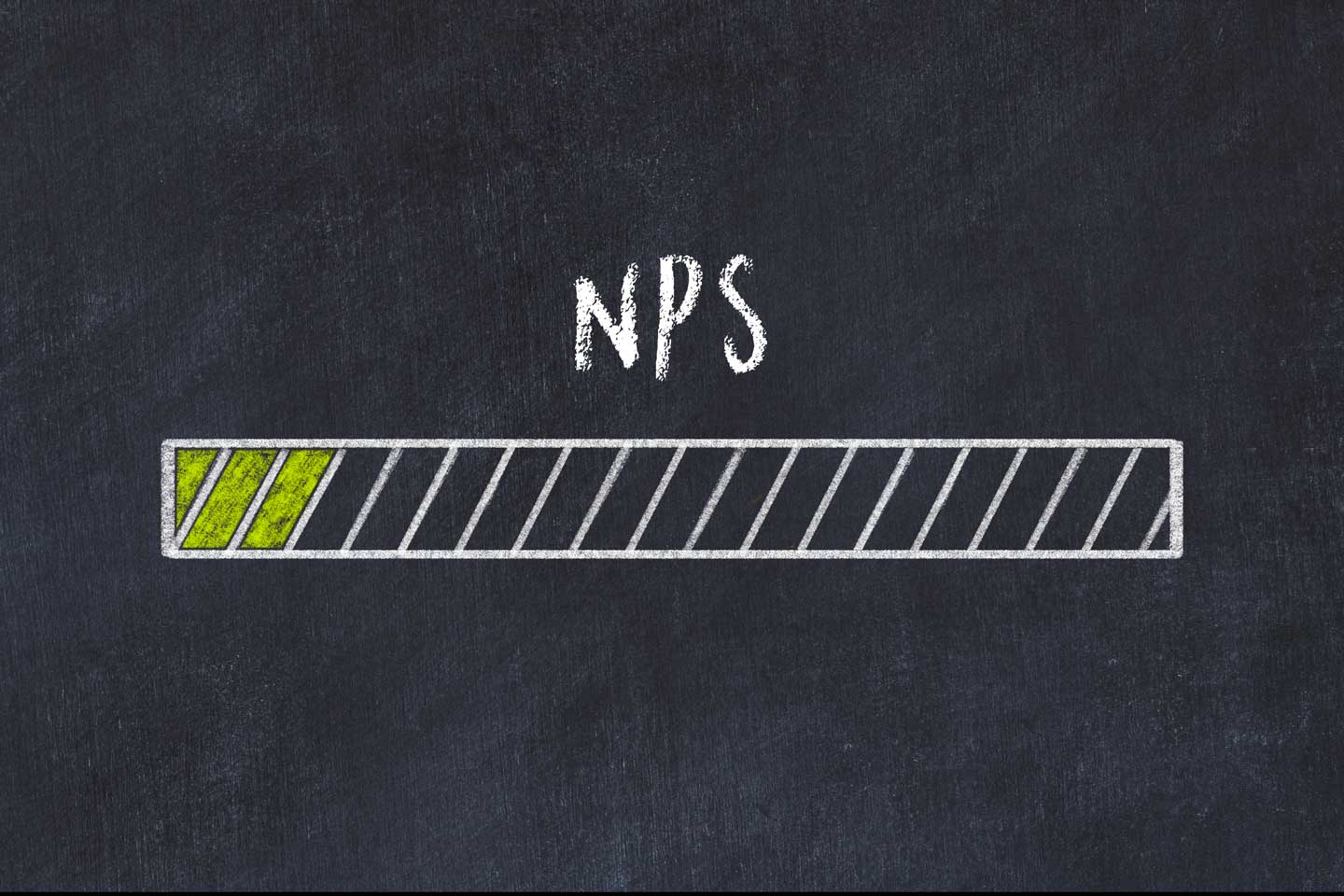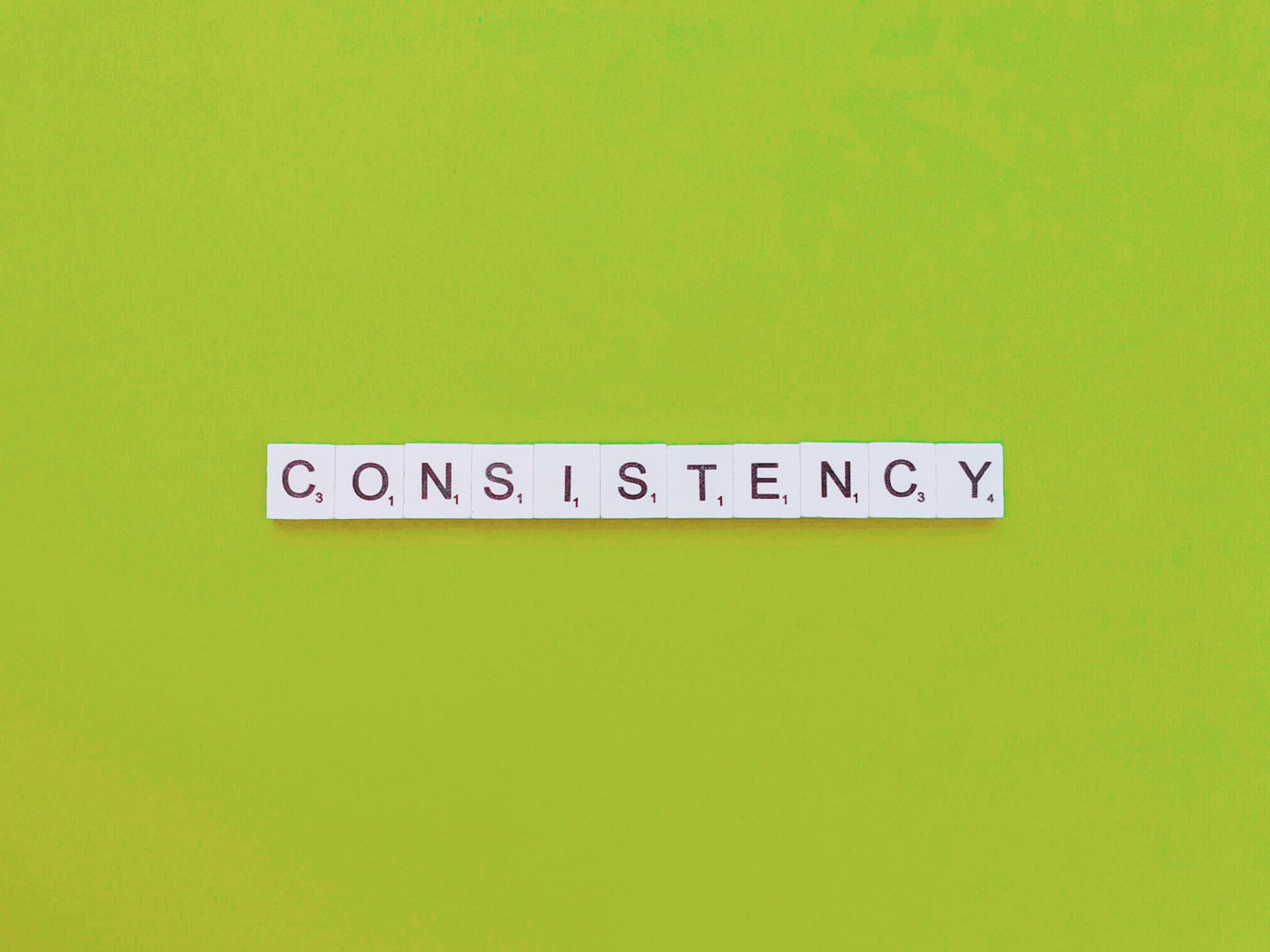Collecting Brand Equity Points…through the Collections Department

According to the NCUA 2020 Q1 Quarterly Data Summary credit union delinquency rate was up 6 basis points from one-year earlier. This number is expected to rise even more in Q2.
Is your Collections Department ready to be the credit union’s frontline brand ambassadors?
In the coming months credit union collections departments will likely face an increase in member interactions. This magnifies the importance of brand messaging and ensuring everyone associated with your credit union (even collectors working on your behalf) understand the effect they have on your organization's reputation and credibility. It’s time to erase the clichés assigned to Collections with a new strategy and script for the new normal.
When life gives you lemons… and so much more
Although the use of the word “unprecedented” has become cliché and flooded the American vernacular throughout every communications channel, it offers a very accurate description of the state in which credit unions and members find themselves. We have federal and local governments struggling to write actionable policies, credit unions that are overwhelmed by seemingly-continuous operational and HR changes, and members that are feeling the effects of wage reductions, unemployment, and financial insecurity. No two experiences are the same, and the “old way” of doing things is no longer an option.
Many credit unions stepped up and provided relief in the form of loan payment deferment, low-interest micro-loans, and the temporary reduction of ATM and overdraft fees. These accommodations have set the stage for a lot of potential member interactions in the near future, many of which will be through the Collections Department.
At all levels, tensions are high. This added strain provides an opportunity for your credit union to show its members why they chose you in the first place. It’s time to make lemonade.
Let’s address the elephant in the room
The very purpose of Collections is to recover outstanding debts that are legitimately owed. This can occur in many ways, but ultimately there is a significant reliance on personal contact with a member. Therefore, it’s extremely important to coach Collections Officers on how to handle a member’s crisis with empathy.
In its simplest definition, empathy is “the ability to recognize, understand, and share the thoughts and feelings of another.” The idea of walking in someone else’s shoes; the notion of truly trying to be cognizant of what it’s like to endure something you may not have experienced yourself in that manner.
Using empathy as part of your underlying strategy will maintain your relationship with members, while actually improving results. It can also have a positive impact on your Collections Officers, as they too will be feeling heightened anxiety about discussing sensitive financial arrangements with members. Smoother interactions between your members and Collections Officers will provide both internal (HR) and external (member) benefits.
For many of your members, the financial setbacks are temporary. Conducting Debt Collections in a way that is both respectful and empathetic will ensure that the goodwill and loyalty your credit union has earned is maintained. Sometimes the elephant in the room is an opportunity.
Actions speak louder than words
In addition to doing what you can to accommodate your members and helping them get back on track, it is important that you also consider the toll these conversations and added interactions are having on your Collections team. They too are feeling the full brunt of the economy. Reliving the struggle with members over and over might start to have an effect on their mental health and subsequent performance.

To help them, make sure that your Collections team understands the difference between empathy and sympathy. Empathy is the ability to experience the feelings of another person. It goes beyond sympathy, which is caring and understanding for the suffering of others. Both words are used similarly and often interchangeably (incorrectly so) but differ subtly in their emotional meaning. In Debt Collection, your Collections Officers are tasked with helping your members solve one or more problems: People Helping People. It takes compassion, creativity, good judgment, and enthusiasm. It takes action!
Only time will tell
In conclusion, a potential surge of Collections-related interactions are on the horizon. Those interactions must be conducted in a way that protects your credit union’s brand and the delicate relationships it has with its members. That’s in part because social media is a window to the world on your business practices. If your Collections team treats your members poorly, the chances of them spreading ill-will toward your organization both on- and offline is high.
When you empathize even with the most difficult members, you will be able to ensure a positive member experience that will help you achieve the goal of assisting them, and ultimately, set your credit union apart from the competition. It’s time to set a new standard by acknowledging the present and anticipating the future.
At The Pod, we take pride in an empathy-first approach for credit union marketing and brand strategies. To learn more about our design-thinking methodology, contact us today!
Sign up for newly harvested content transplanted from our minds to your inbox.








